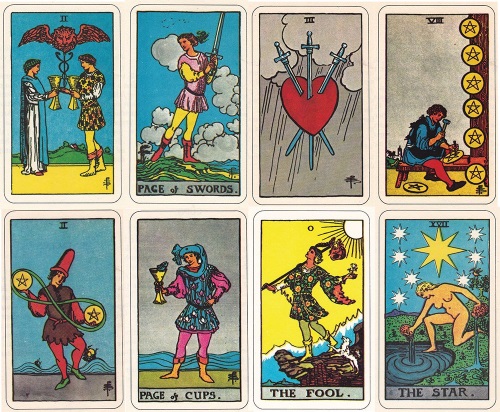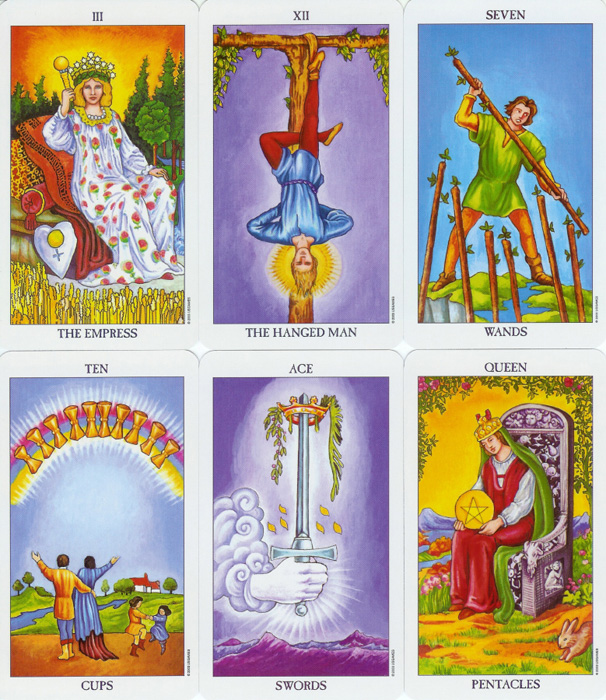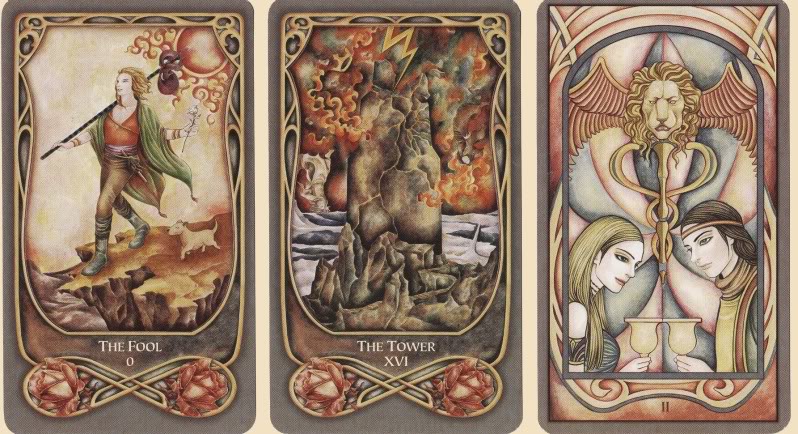This is a subject that both comes up a lot and not nearly enough. Let me start by saying that unless people have gone to post-secondary education, they aren’t taught to learn. K – 12 or whatever your regional equivalent is–at least in so-called first-world countries–“teaches” what my mother called “gorge and barf” education. That is to say that you are fed information and regurgitate it on the tests given. those that can memorize and have good recall, excel. Those that don’t do poorly or outright fail. Neither group is taught HOW to learn.
Learning isn’t memorization. Memorization is one TOOL when it comes to learning but is not learning itself. The process of learning is an active one, not a passive one. It requires the engagement of the student, not only taking in information but questioning AND applying it. Trying it.
This is where the student’s responsibility to comes in: it’s up to the student to ENGAGE with the teacher AND the information. It’s something that’s very foreign to many because it is not fostered in public schools–or private ones for that matter–or is even outright punished. Instead, students are expected to shut up and listen.
When you approach a witch about teaching you, the first thing *I* as a teacher will be looking for is what you’ve already done and what questions you have as a result. Talk to me about eh books your read. What did you think of them? Were there things you agreed with? Disagreed with? What about experiences in pagan settings? Public rituals?
As a teacher, I WANT to see curiosity and a working mind processing and questioning rather than blindly accepting. I want to see a student take the ideas presented and TEST them, to see if they work for them. If they don’t work, then it’s up to the student to come back and initiate a discussion.
If this all sounds like a lot of work for the student…GOOD. It IS a lot of work. Learning is neither easy nor fast. It’s time-consuming, annoying and often daunting as you will run into a lot of intellectual dead-ends.
Can I teach someone the basics of witchcraft in a few weeks? Yes. But the learning process WILL be lifelong if you are actually learning since every time you figure something out, more questions and ideas will come up. So dig in, buckle down and make it happen! Oh and talk to your teachers, let them know how you learn best and what is helpful for you.


